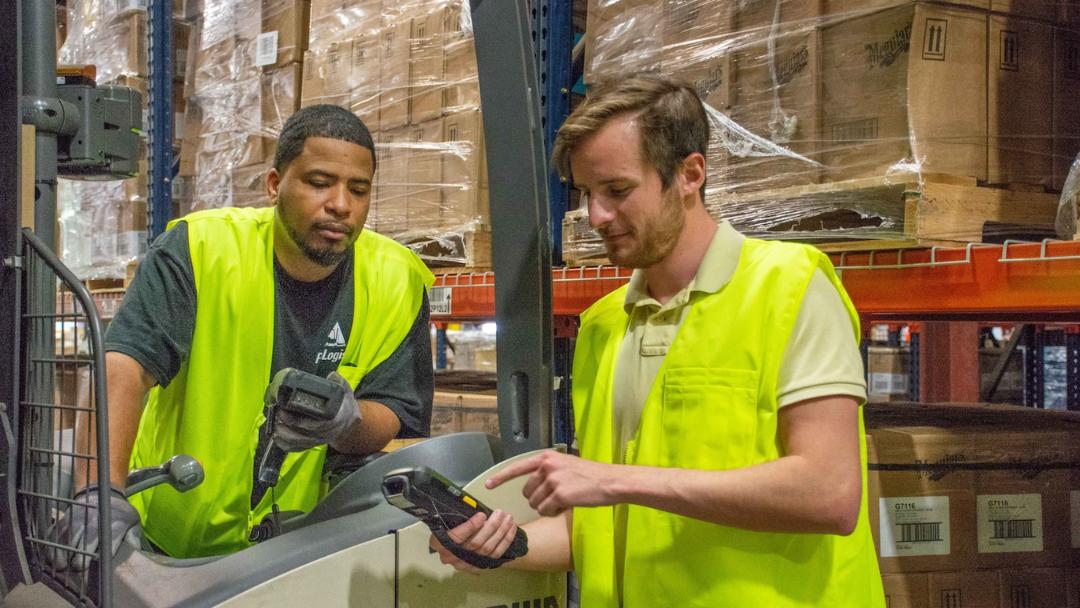It’s a well-known adage that employees don’t quit their jobs—they quit their managers. In fact, according to research from DDI, 57% of workers would leave a job because of a bad boss.
Given the pressing labor shortage, a large population of budding retirees and rising demand, it should come as no surprise that this is a big problem for manufacturers. Of course, these disruptions don’t fall totally on the shoulders of management. However, there’s plenty a manager can do to become a better boss in 2022:
Be a mentor and a manager
Workers like to know that their bosses are keeping their best interests in mind when making decisions. This is especially true when it comes to professional development. Employees often seek out opportunities to strengthen their expertise and become better, more effective members of the workforce.
Managers should be leveraging this and affording employees the opportunity to learn and grow. Companies should encourage their management teams to identify talented employees and take them under their wing. By offering reskilling, retraining and other educational opportunities, you not only satisfy their hunger for growth, but you also inspire them to work harder.
Reward your employees for their hard work
Yet, it’s still important for a manager to provide incentives—something that the workforce can strive to achieve. Chron suggests managers should think outside the box to reward and recognize employees, rather than only offering monetary incentives.
Public recognition, a paid day off, gift certificates and experiential rewards are all great ways to express gratitude. Better yet, by giving employees something to work toward, you also keep them engaged for the long haul.
Don’t be afraid to ask for feedback
Now, perhaps more than ever before, employees expect their bosses to be inclusive and collaborative in the workplace. Put simply, managers who still support the antiquated “my way or the highway” approach are not only driving talent away from the company, they’re escorting them straight toward the competition.
According to research from Kimble Applications, 74% of workers prefer a collaborative culture. Moreover, 83% want to offer more input to their bosses in the decision-making process. Managers should be asking employees to share their opinions regularly. In turn, you can help your workforce feel included while also soliciting helpful feedback to become a better boss.
Hone your empathetic communication skills
Perhaps most of all, the modern workforce is looking for a boss who understands and empathizes with them. An empathetic leader is one who demonstrates sympathy, concern and care for their employees’ well-being – inside and outside the workplace.
Empathy, according to data from Catalyst, boosts productivity, promotes positive workplace experiences and improves engagement. In fact, 76% of workers with a highly empathetic leader report often or always feeling engaged on the job.
Managers, in turn, will notice a significant improvement in employee retention—but more importantly, in their happiness and well-being.


